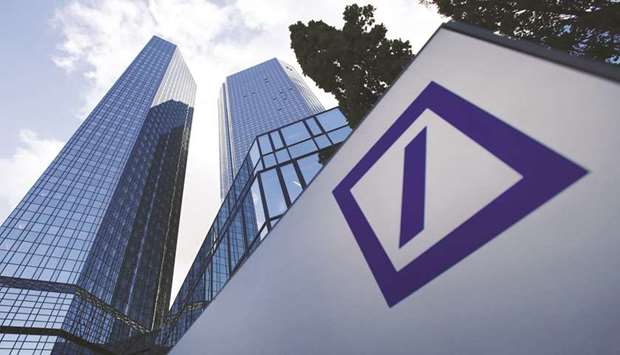They’re in early talks to co-ordinate efforts to lobby both local watchdog BaFin and the European Securities and Markets Authority, according to people familiar with the matter, who asked not to be identified before the process starts.
The industry already sounds fed up with the new regulations.
“Practice shows they are too unwieldy and such a high level of consumer protection isn’t actually required,” said Dirk Wehmhoener, co-head of Berenberg Bank’s German wealth-management business.
At the start of the year, the new rules changed everything from how investing giants pay for research, all the way to how retail bankers speak to individual clients. They were intended to stop banks selling products that clients didn’t need or understand, but they may have backfired.
Instead of encouraging investment with more transparency and better consumer protection, the rules are so time-consuming that clients are shying away from putting their money to work at all, say the bankers.
Germany has been especially hard-hit given many individual investors there still place orders by phone.
“You’d think this would just push many people to online brokerages, but the German Mittelstand entrepreneurs we cater to place a lot of value on the personal touch,” said Thomas Nicht, who deals with MiFID II at the National Association of German Cooperative Banks. The Mittelstand is the mass of small- and medium-sized companies that make up the backbone of the economy.
Deutsche Bank AG and Commerzbank AG, Germany’s biggest publicly traded banks, both said MiFID II hit their first-quarter revenue, and analysts surveyed by Bloomberg expect at best a minimal increase in their commission and fee income this year. That’s particularly painful because both badly need to find alternative sources of revenue in the face of record-low interest rates and rising competition.
So what do the banks want changed? Bankers say they want experienced investors to be able to opt out of some layers of consumer protection, such as cost disclosures that have to be made each time they buy or sell a security. It would also be “an enormous relief” if banks didn’t have to record calls with clients when they discuss securities, said Berenberg’s Wehmhoener.
Prospects for relief are distant, and uncertain. Germany’s watchdog has promised “sensible market standards,” said BaFin executive director Elisabeth Roegele. But a scheduled review of how MiFID is working doesn’t start until early 2020. Some banks aren’t willing to wait.
Barely three months into MiFID II, Volksbank Sprockhoevel decided it didn’t want to go through so many disclosures on calls with active investors. Instead, the lender with 25,000 clients located in the old industrial heartland of Germany’s Ruhr region, sent customers a standardised, one-time letter laying out the costs of buying or selling securities.
Others say that that step is risky and that they’re opting instead to make their disclosure processes as efficient as the rules allow. Joerg Wenner, a member of VB Sprockhoevel’s four- person team advising clients on securities, said he hasn’t heard what BaFin and European regulators make of his firm’s move, but that it was necessary.
“It was either that or risk losing revenue,” said Wenner, who does about 80% of his business by phone. “I don’t think you’re ever going to compensate for the revenue lost to low interest rates, but adding more pressure on commission earnings is like death by regulation.”

